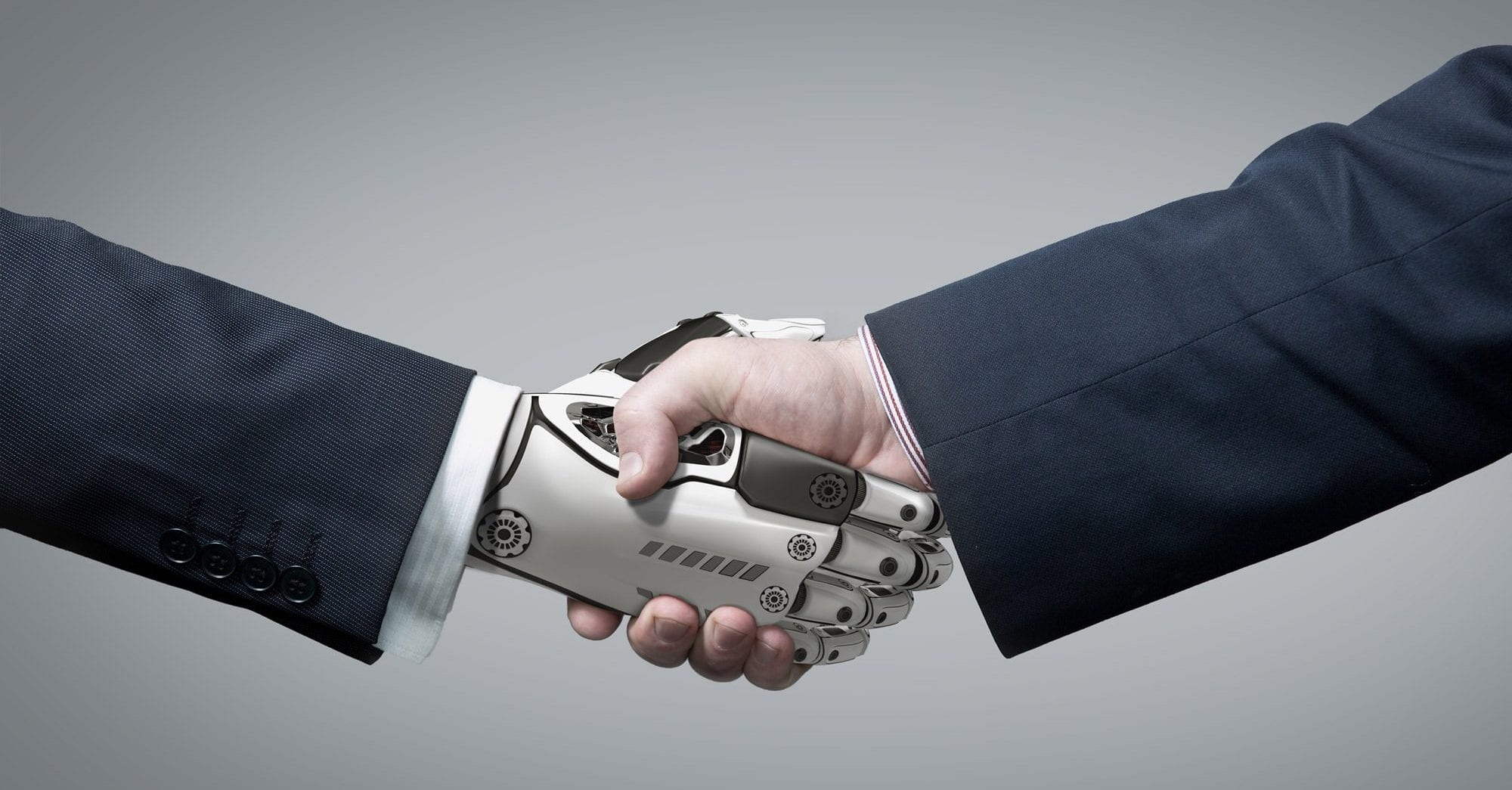AI and HR
Picture a typical process of applying for a job. A company puts up a job ad that looks interesting, either because of the job content or just the look of the ad itself. A candidate updates his or her CV, fills in the other data fields in the application, updates the references, and hits “Send”. Soon enough, the CV is screened, the background investigation is initiated and duly completed, and follow-up questions are sent across.
Is this the very picture of efficiency in HR? Not quite – it is what happens when artificial intelligence (AI) works behind the scenes to make HR professionals more efficient. AI can play a number of roles in the HR domain, of which some are listed below:
- Conduct detailed candidate research
- Create the best questions to ask employees
- Highlight performance trends and issues
- Identify changes in employee sentiment
- Increase the value of the onboarding process
It might seem that AI is pretty much all-encompassing, picking up most – if not all – that HR has “traditionally” done. But that is not how it is. AI, intelligent as it is, still has a considerable way to go in becoming more intelligent. Most HR functions that are done by AI still do require a degree of human intervention. AI has not yet evolved to the stage of taking the place of human rationale and reasoning, and it is not likely to be able to judge the emotional elements of HR. This could include situations where one needs to offer empathy during a difficult time, or to judge the fit of a new hire into the existing team. Even a chatbot that could be asking the questions in an interview, will need a sanity check from a human HR professional, in order to be sure that the interview process is rooted in common sense.
Other than this, there still remain areas where AI cannot take the place of HR. Some of these are:
-
Staffing and recruitment:
Selection, pay determination, employee benefits and employment termination all rely on ethical hiring practices that are applied by HR professionals.
-
Pay grade and compensation:
Setting, monitoring, and editing pay grades and scales is the responsibility of the HR team, which is done basis market research into industry norms and determining the value of an employee to the business as a whole.
-
Training and development:
Continuously monitoring individual and organizational needs and creating plans to facilitate the filling in of those gaps is something that only HR can do.
-
Employee well-being:
Adherence to employee rights encompasses action on employee claims and disputes as well as monitoring breaches of current regulations. Some element of negotiation often comes in, and HR is best placed to handle this.
So is it an all-out battle or an opportunity to collaborate? Is AI the future of HR? Pretty much yes, though it is equally true that the future will not be one with all AI and no HR. HR professionals continually strive to optimize performance with the involvement of the organization as a whole as well as the constituent employees. This creates scope for AI to facilitate automation, and make the attainment of optimal performance, quicker.
Humans are never going away! The 19th-century Industrial Revolution led to widespread fears of labor becoming a relic of the past, which has comprehensively proven to be unfounded. AI will always need human input in order to remain effective. Of course, humans will need to retrain and take on new skills, but they will always be integral to industry and business.
Conclusion
The end goal should really be to understand how AI can benefit the organization and to adapt it positively and take advantage of the time saved and operations boosted as a result. Present HR personnel, as well as future aspirants, would do well to explore and pick up a relevant HR professional certification, for more knowledge on the role of AI and how it can enhance HR.
Business Human and Robot hands in handshake -DepositPhotos


